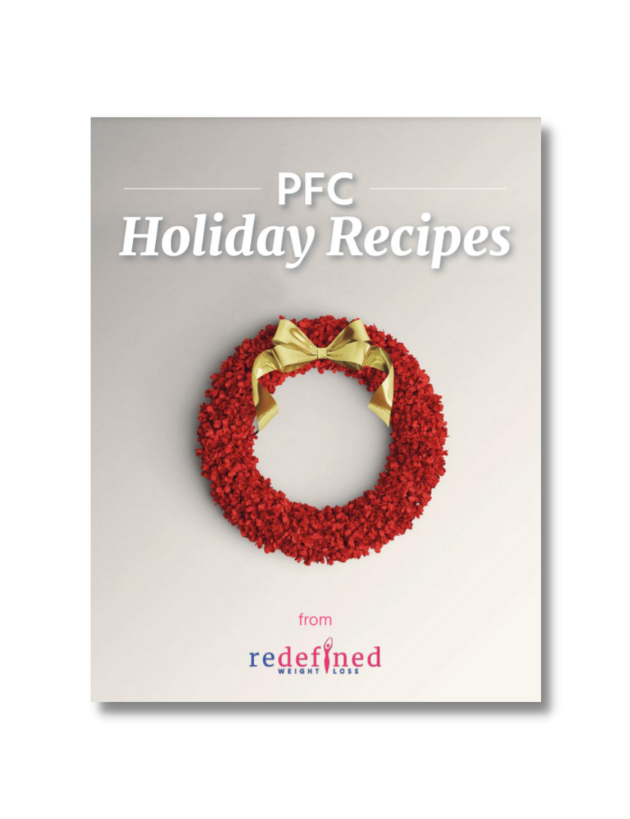Let’s dig a little deeper into digestion and what can go wrong in the gut.
The normal digestion process
When you eat, the breakdown process starts in your mouth and is not completed until it leaves your body. Food is broken down mechanically (chewing) and enzymatically (saliva) in your mouth. It then travels down your esophagus to your stomach where more enzymes and acids along with muscle contractions are used to break food down further. The next stop is the small intestine where hundreds of millions of little villi (finger-like projections from the lining of the small intestine) help to move food along, and further digest and absorb nutrients from proteins, fats and carbohydrates with the help of secretions from the pancreas, liver, gall bladder, and over 500 different species of bacteria (about 3.5lbs!!)! The small intestine is about 21 feet long and if you stretched it all out flat, it would cover the surface of a tennis court! After traveling through the small intestine, waste products are moved through the large intestine (5 ft long and full of bacteria) and out into your toilet. When you consider the distance your food travels to get through your body and be used fully, you can imagine that there are a lot of places where things can go wrong.
What can go wrong?
If you’re not digesting and absorbing your food properly, you can suffer from many symptoms and ailments, the most common of which is fatigue. If you’re not able to access energy from your food, you simply won’t have the get-up-and-go you want. This is something we often associate with getting older, however, it’s not necessarily the case. If you keep your gut in tip-top shape, and get a good nights sleep, you can expect to have adequate or abundant energy throughout your day and your life.
The Vicious Cycle
Here is what usually happens: at some point in your life you probably came down with strep throat or an ear infection, so you went to the doc and got some antibiotics (“bios” meaning “life, “anti” meaning “against”; thus antibiotics = doubting the possibility of life in a particular environment). The antibiotics killed the bacteria that caused your sickness and they also wiped out all of the friendly species in your intestinal tract. Usually, some of the bad guys hang around because pathogenic bacteria are much more resistant to antibiotics, and they need something to eat. If you’ve ever experienced the cravings that go along with taking antibiotics, you can probably guess what bad bacteria feed on: SUGAR! From the intestinal tract, bacteria have direct access to your bloodstream and are able to send a chemical message to your brain (neurotransmitters) to tell you that they are starving and would appreciate a cookie or two, or four. You oblige and they thank you by reproducing rapidly, which perpetuates the cycle of sugar cravings and increased dysbiosis (overgrowth of the bad guys) in your gut. When this happens you will likely be experiencing inflammation of some sort. It may be in your gut (constipation, diarrhea, gas, bloating) or it may be in your joints (aches and pains), or your brain (“senior moments”, brain fog, forgetfulness), or on your skin (acne, rashes, eczema), or in your immune system (frequent colds, allergies). This becomes a cycle: the constant cravings cause you to eat more sugar and processed carbohydrates, which are inflammatory, and also weaken your immune system, which causes you to get sick and go to the doctor for some antibiotics, which starts the cycle all over again. Yuck!
While this is just one example, it’s incredibly common and often overlooked. If you’ve never been on antibiotics in your life, you are probably still experiencing the effects of them if you consume conventionally raised meat, dairy products, and produce, because the pesticides, hormones, and antibiotics (and who knows what else!) used to grow the food remain in the end product and are passed along to you. This also includes the chlorine (isn’t that what they put in swimming pools to kill bacteria?) in the city water you drink, bathe in, and wash your clothes in everyday. The fact of the matter is, our environment is full of things that are detrimental to your intestinal health, so if you don’t take an active role in supporting your gut, you will eventually suffer from the effects of poor intestinal health.
Action steps you can take to support your gut health:
1) Consume less sugar and more quality protein and healthy fat. Strive to get your carbohydrates from veggies and fruits and less from grains, rice and processed foods.
2) Strive to include fermented foods. Kombucha, kimchi, miso and sauerkraut are all great sources of healthy bacteria.
3) Include daily supplements of probiotic and glutamine and fish oil— and increase dosage when you’re taking an antibiotic. Our general recommendation is 1 capsule of ProbioVive™ and 3 Pure GlutaCaps taken before meals (1-3 times per day), and 1-2 soft gels of Pure Fish Oil at meals, depending on your goals. When on an antibiotic, our general recommendation is at least 3 capsules of probiotic per day for the duration of the antibiotic and 2 weeks after.
4) Manage stress levels. Don’t forget that your gut and brain are intricately connected so make a conscious effort to release stress in your favorite way!
5) Look out for food sensitivities. If you have signs or symptoms of food sensitivities (low energy levels, acne, bloating, inflammation anywhere), it’s important to make an appointment with a dietitian coach who can help you detect the root cause. Learn about our personal coaching program here.
To jumpstart your health and energy goals and encourage your self-empowerment, I’ve put together the Gut Health Kit featuring the top 3 gut health supplements (ProbioVive™, Pure GlutaCaps, and Pure Fish Oil). For a limited time only, you can get the Gut Health Kit for 10%off! Click here to get yours today.












Great info, Cassie! LOVE me some kombucha, sauerkraut & kimchi. nI’m really loving that I’ve just discovered you on the Low Carb Conversations podcast! I had no idea you did a podcast & am now trying to catch up on a bunch of back episodes, it’s great!! Also, just wanted to say that you’re kinda one of my heroes – I’m in school to become an RD & I don’t want to be a conventional one – I want to be a REAL food one. 😉
🙂 🙂 Yay! Thanks!! And cheers to REAL food 🙂